Northeastern’s collaboration with students leads to new meal plans offering added flexibility, value and variety
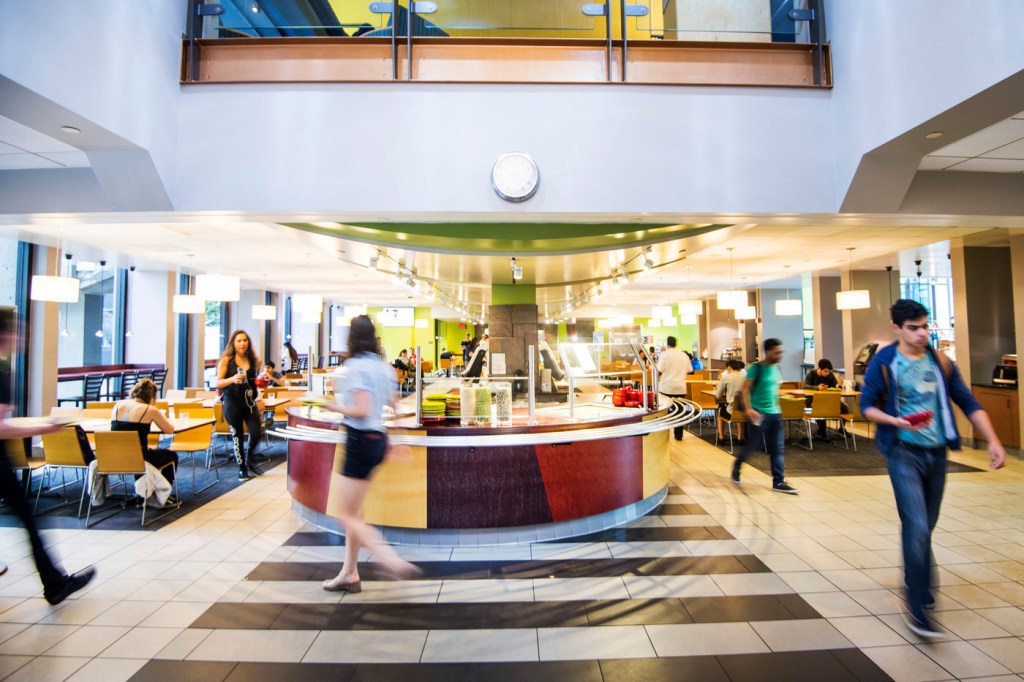
New meal plans are coming to Northeastern University’s dining halls, thanks to a collaborative effort between students and administrators.
The new plans — which are being launched in Boston and Oakland, California — focus on three main themes: flexibility, value and variety.
The themes were developed after months of research, planning and execution among student leaders, student groups, dining services and university administrators.
“This is very much a story about the power of mutual aid and collaboration among students and administration,” says Charlie Zhang, the Student Government Association president at Northeastern. “I think it does go to show the power of just collectively coming together and putting our heads down to solve an issue.”
Beginning this fall, meal plans at Northeastern will be part of a flexible semester-long system — meaning no more meal plans allocated on a use-it-or-lose-it weekly basis.
There are also more options for meal plans to accommodate various dining needs at different price points.
Finally, the university has also adjusted who is required to have a meal plan.
Swipe2Care, a program that allows students to donate their meal swipes to other students, is being redesigned to complement the new meal plans.
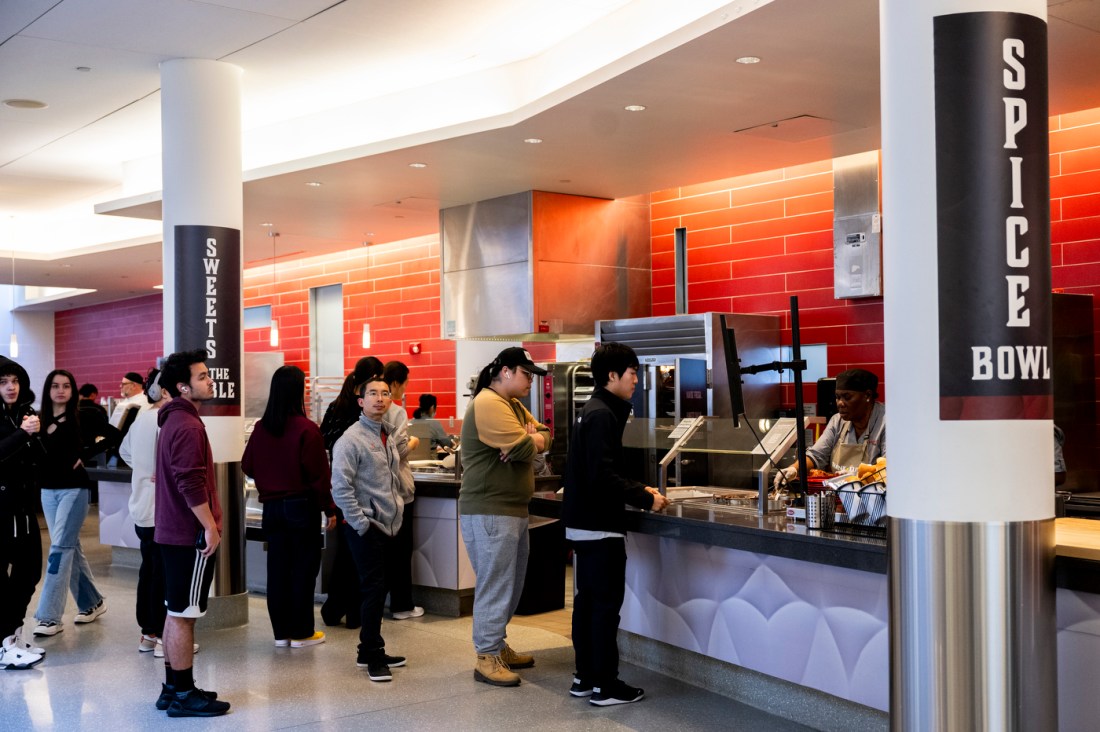
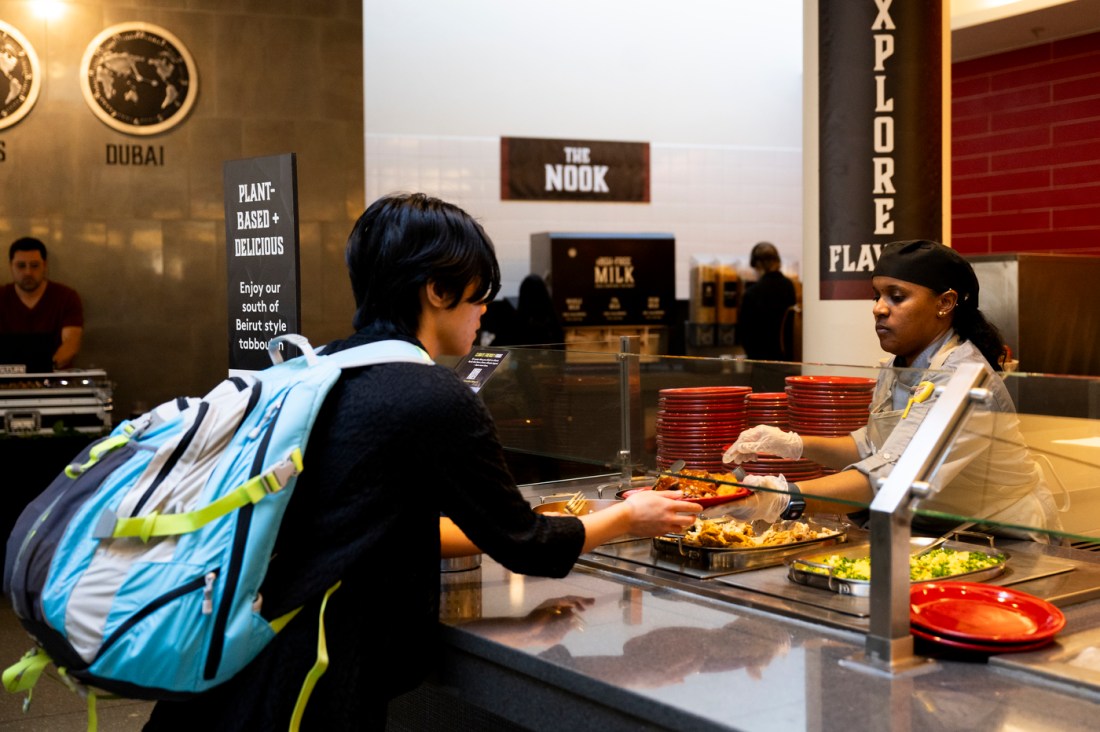
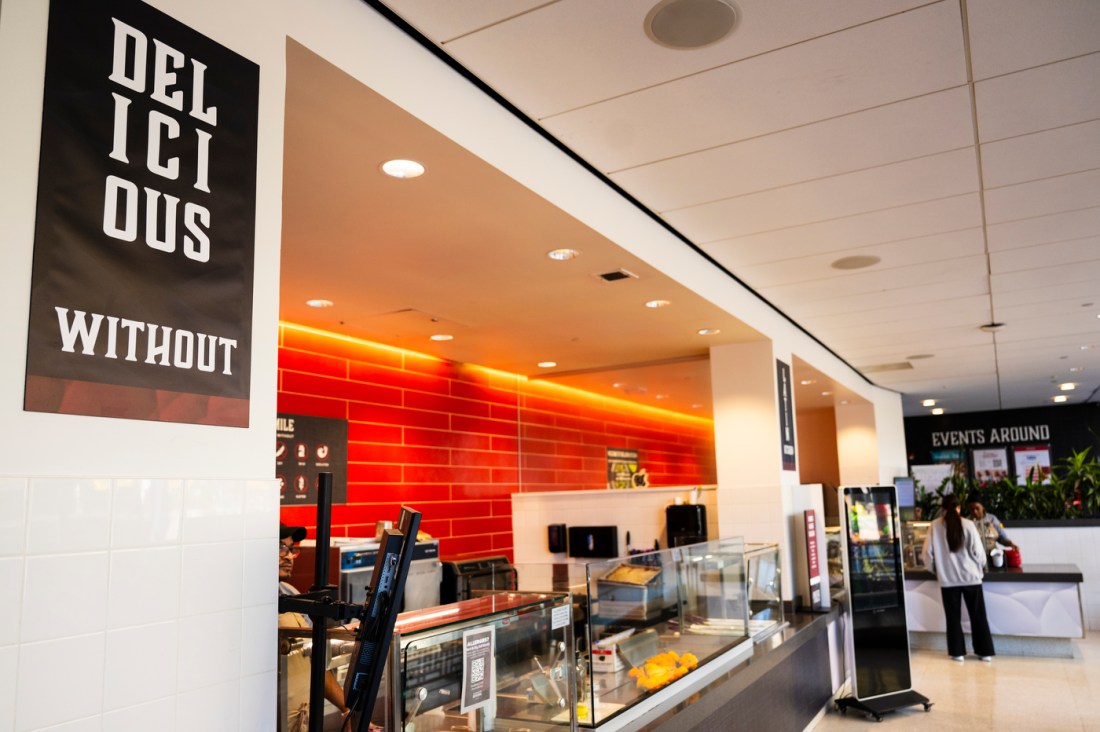
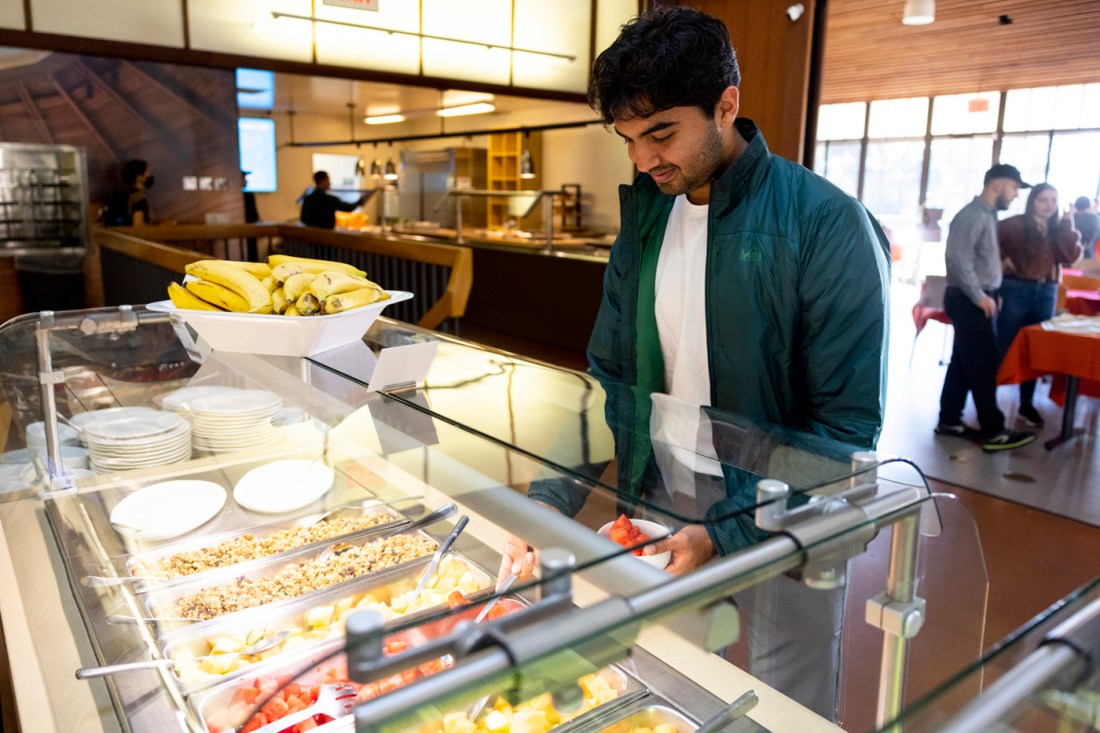
“The university is constantly engaging with students to create a better product — in this case adding flexibility and increasing the value of meal plans,” says Chris Abayasinghe, associate vice president of business services, who oversees dining at Northeastern. He noted that the previous meal plan’s weekly basis structure had been developed in the late 1990s.
“It was time for a change,” Abayasinghe says.
In the spring 2023 semester, administrators asked Zhang — then vice president of student services with the SGA — and Zi Glucksman — then lead organizer of the No Hungry Huskies Campaign — to create a dining advisory board.
Gregory Katz and Glucksman — vice president and assistant vice president for campus affairs with the SGA, respectively — served as co-chairs of the board, which is now enshrined as the SGA Dining Advisory Board.
The board includes nine undergraduate members and two graduate students representing such groups as the First-Generation Low Income Student Union, Slow Food NU, the SGA and the Graduate Student Government.
From the beginning, students said they emphasized gathering data to inform their efforts.
The students and administration compared Northeastern’s meal plans with the plans at other colleges and universities.
Board members also hosted a community listening session and did tabling on the Boston campus, collaborated with the Office of Student Life to survey students across the Northeastern Global Network, and hosted a campus forum called the Rocky Horror Dinner Show attended by approximately 300 undergraduate and graduate students on the Boston campus.
Back to School
According to Katz, students said the multiple different ways to get a meal at Northeastern were confusing and complicated, and that led to students not obtaining the full value of the prior meal plans.
“So we tried to take all those concerns and package them into an official proposal,” Katz says.
The proposal was presented to the administration in late December, and the recommendations were included in the new meal plan for the upcoming fall semester.
Although Zhang and Katz graduated in May, two new advisory board members, students Lily Pospesil and Julian Herzing-Burkard, will continue to serve as liaisons between the student body and the administration as the new meal plan is rolled out.
“The Dining Advisory Board very much has plans for longevity,” Katz says. “The goal is to have it continue on for years and years as the sort of main spokesperson of the student body and student voices to the administration and also in the other way — kind of a two-way street of information.”
Meanwhile, Glucksman says he would like the board to continue its involvement with dining by ensuring students are aware and take advantage of the new meal plan, evaluating the effectiveness of the plan and making further recommendations.
As for Zhang, he says the experience helped prepare him as he pursues further studies in international development.
“Students do enact positive change on campus, and it’s through this transformative relationship that we seek to do that in the future as well,” Zhang says.









